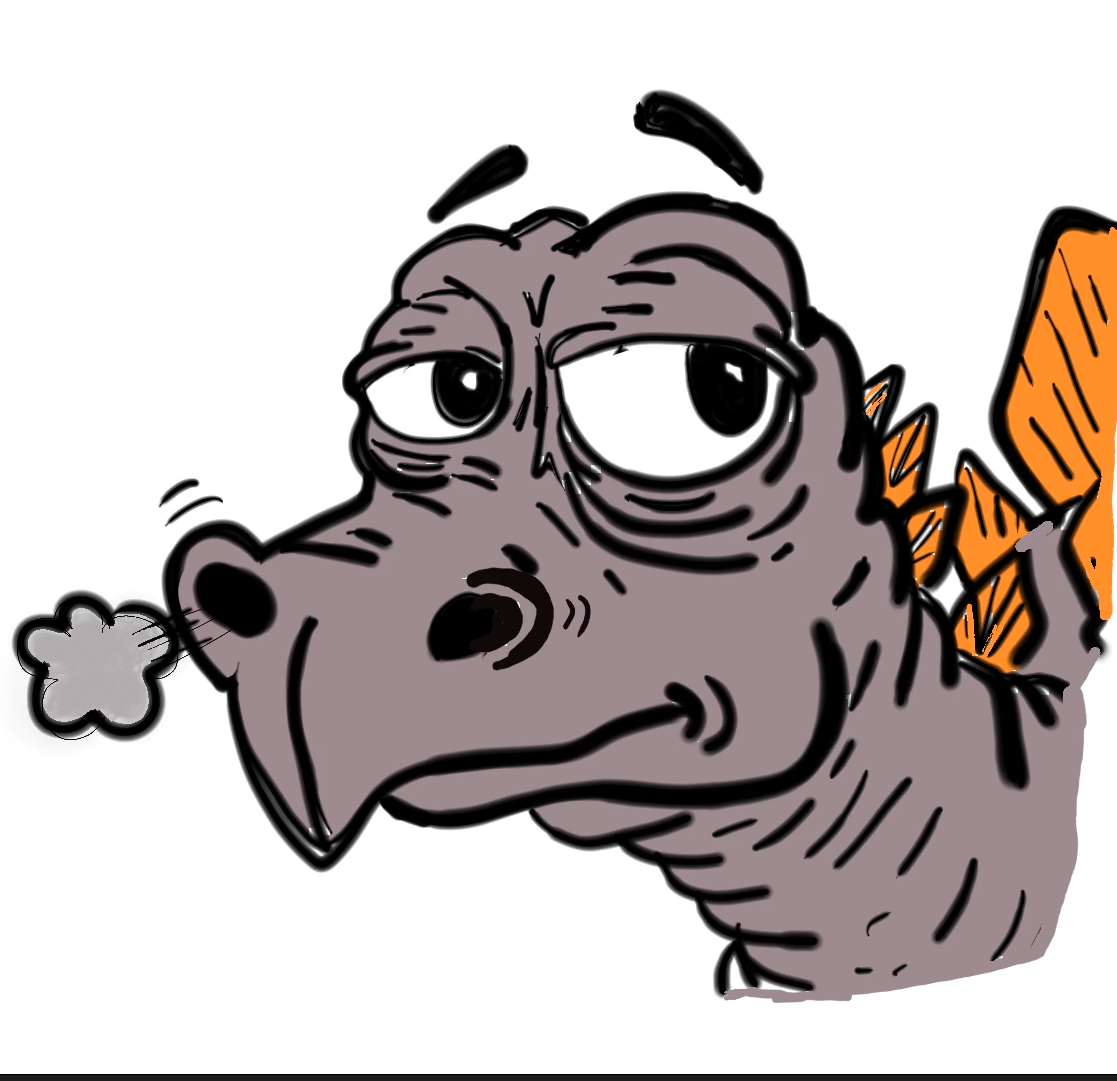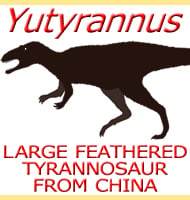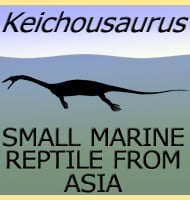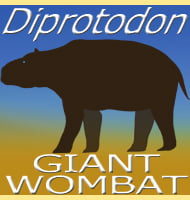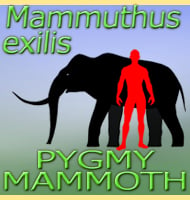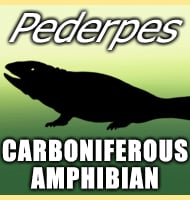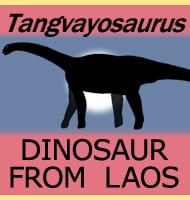In Depth
Kundurosaurus is one of many hadrosaurid genera from the Amur Region of Russia which defines the Russian border with China along the Amur River. Additionally some genera of hadrosaurid have been identified from the Chinese side of the border of this region as well. Like with many of these, Kundurosaurus lived during the late Maastrichtian, and as a genus may have been around when an asteroid slammed into what is now the Gulf of Mexico, signalling the death knell for the dinosaurs and the end of the Mesozoic age. Unfortunately not much has been recovered for this genus so far, though it has been identified as a saurolophine hadrosaurid, the type with solid crests, often reduced in size.
Other hadrosaurids associated with the Amur region include Amurosaurus, Wulagasaurus, Sahaliyania and Kerberosaurus, though it is quite possible that the number of known genera for this region will increase.
Further Reading
– A New Saurolophine Dinosaur from the Latest Cretaceous of Far Eastern Russia, Pascal Godefroit, Yuri L. Bolotsky & Pascaline Lauters - 2012.
